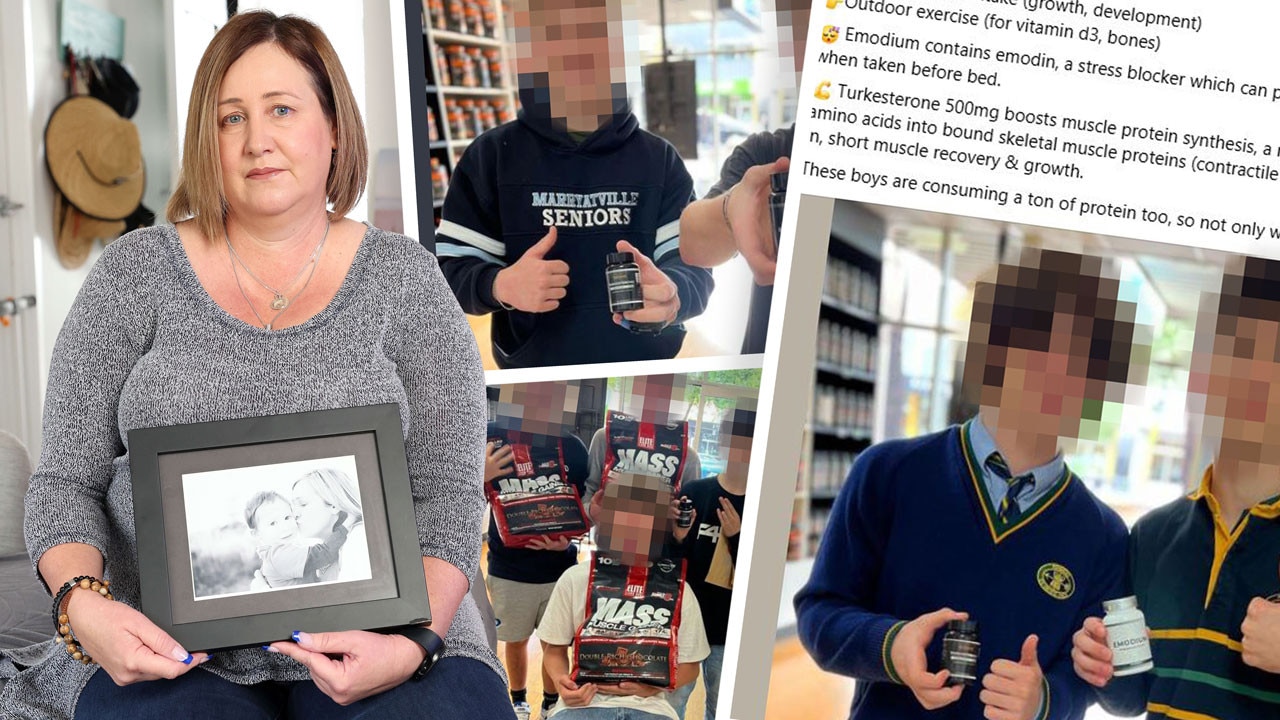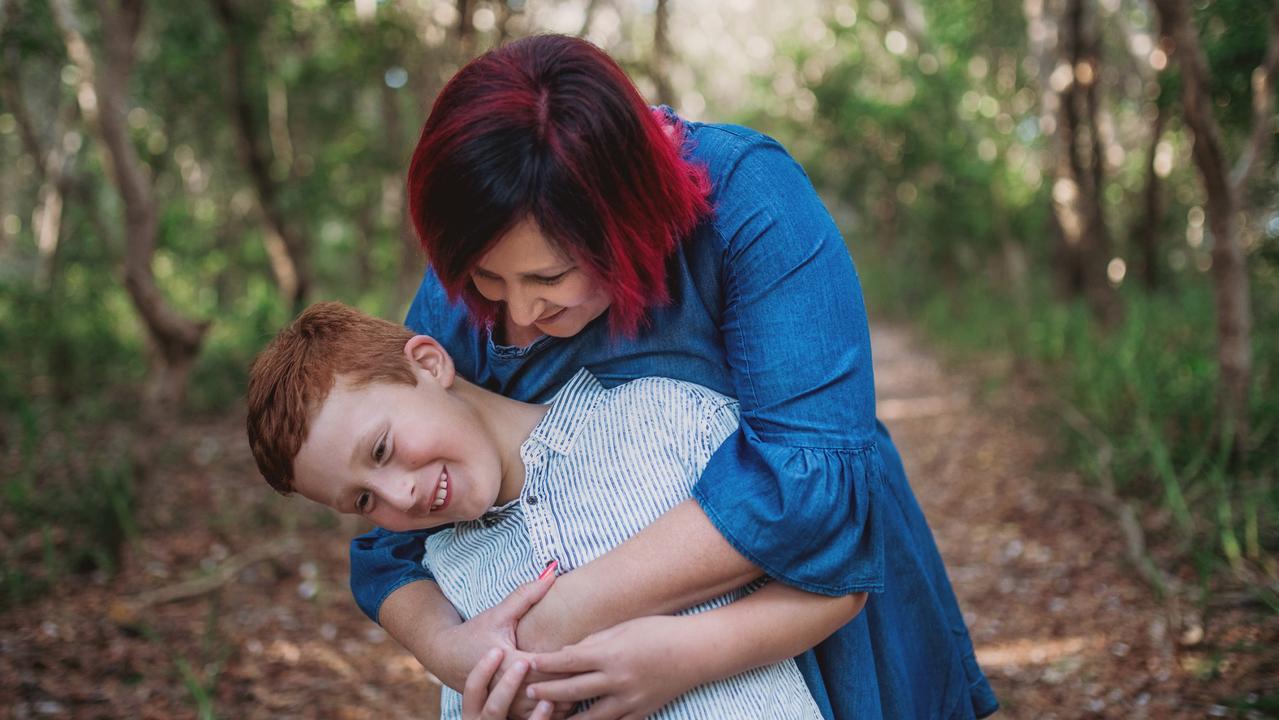Mum Karen Thrussell’s 7.5kg tumour dismissed as weight gain, menopause
Doctors dismissed Karen’s health concerns for years, simply telling her it was menopause and she needed to lose weight. A test eventually showed she had a 7.5kg tumour wrapped around her organs.
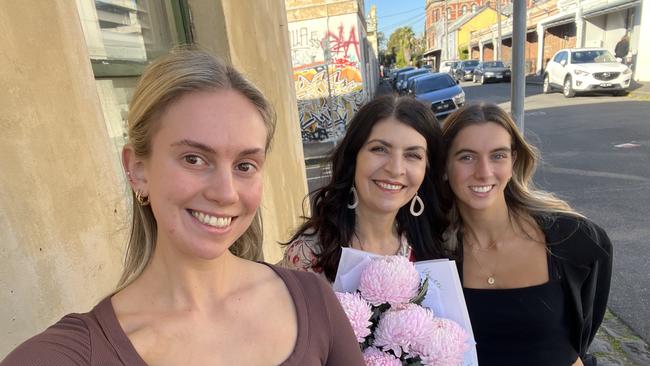
Lifestyle
Don't miss out on the headlines from Lifestyle. Followed categories will be added to My News.
For years, Karen Thrussell had complained to doctors of health concerns — she was gaining weight despite an active lifestyle, experiencing hot sweats and feeling tired all the time.
Like many Australian women, the Surrey Hills mum was dismissed and told her symptoms were “normal” for her age and likely just menopause.
She was told to lose weight, exercise more and go on a diet.
“I remember to doctor telling me this is what happens to women your age,” Ms Thrussel said.
But when the symptoms continued, the mum-of-two decided she’d had enough and pushed for more tests.
Finally, an ultrasound of her abdomen revealed a large mass wrapped around her organs.

Ms Thrussell was diagnosed with liposarcoma, a rare form of cancer made up of fat cells.
“When they told me it was sarcoma, I did not understand that it meant cancer,” she said.
“I had never heard of it before.”
Soft tissue sarcomas are rare types of cancers that develop in connective tissues such as fats, muscles, nerves, deep skin tissues and blood vessels.
These sarcomas often form first as a painless lump with no obvious symptoms in the early stages.
But as they grow, they can begin to cause pain.
Ms Thrussell’s tumour grew to 7.5kg before it was discovered.
“It was the size of two babies,” she said.
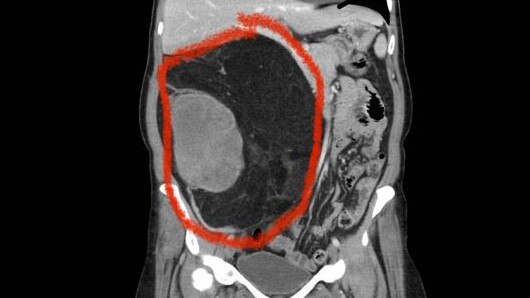
It took a 10 hour surgery to remove the mass, and Ms Thrussell will now be tested regularly to
make sure the cancer does not reappear.
Sarcomas — which can also be found in the bones — account for just 1 per cent of cancer diagnoses in Australian adults, but 20 per cent of childhood cancers.
Bone sarcomas arise from bone and cartilage, often presenting with a painful lump in common areas such as the knee, wrist, shoulder and pelvis.
About 200 Australians are diagnosed with bone sarcoma each year and it is more common among children, youth and young adults.
Medical oncologist Vivek Bhadri said sarcomas were often misdiagnosed, especially the bone form as they presented as sports injuries.
“Sarcoma is often referred to as the forgotten cancer due to its rarity,” Dr Bhadri said.
“Seeing the progress developed through clinical trials is what makes a difference to patients and their prognoses.
“Clinical trials are needed to evaluate new approaches to learn how people respond to them, what side effects might occur, and if the outcomes are improved.”
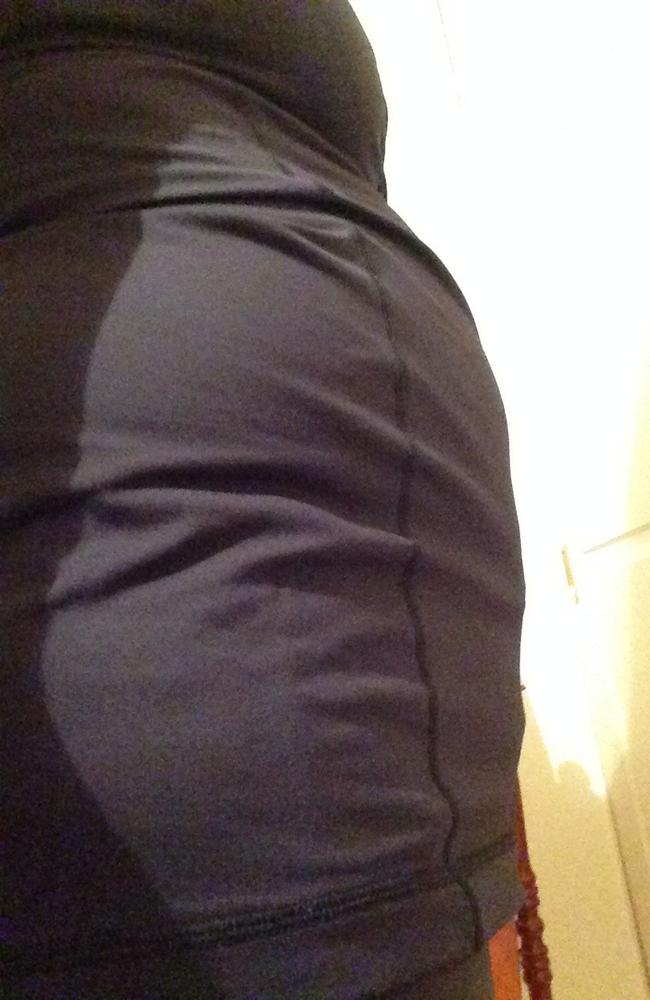
Ms Thrussell said her doctor had never heard of sarcoma before her diagnosis.
“I probably had the tumour for years and never knew,” she said.
“It is so common for patients to be fobbed off by their doctors and told to change their lifestyle.
“But listen and trust your body, and if you aren’t satisfied with the answer your doctor gives seek another opinion.”
More Coverage
Originally published as Mum Karen Thrussell’s 7.5kg tumour dismissed as weight gain, menopause



